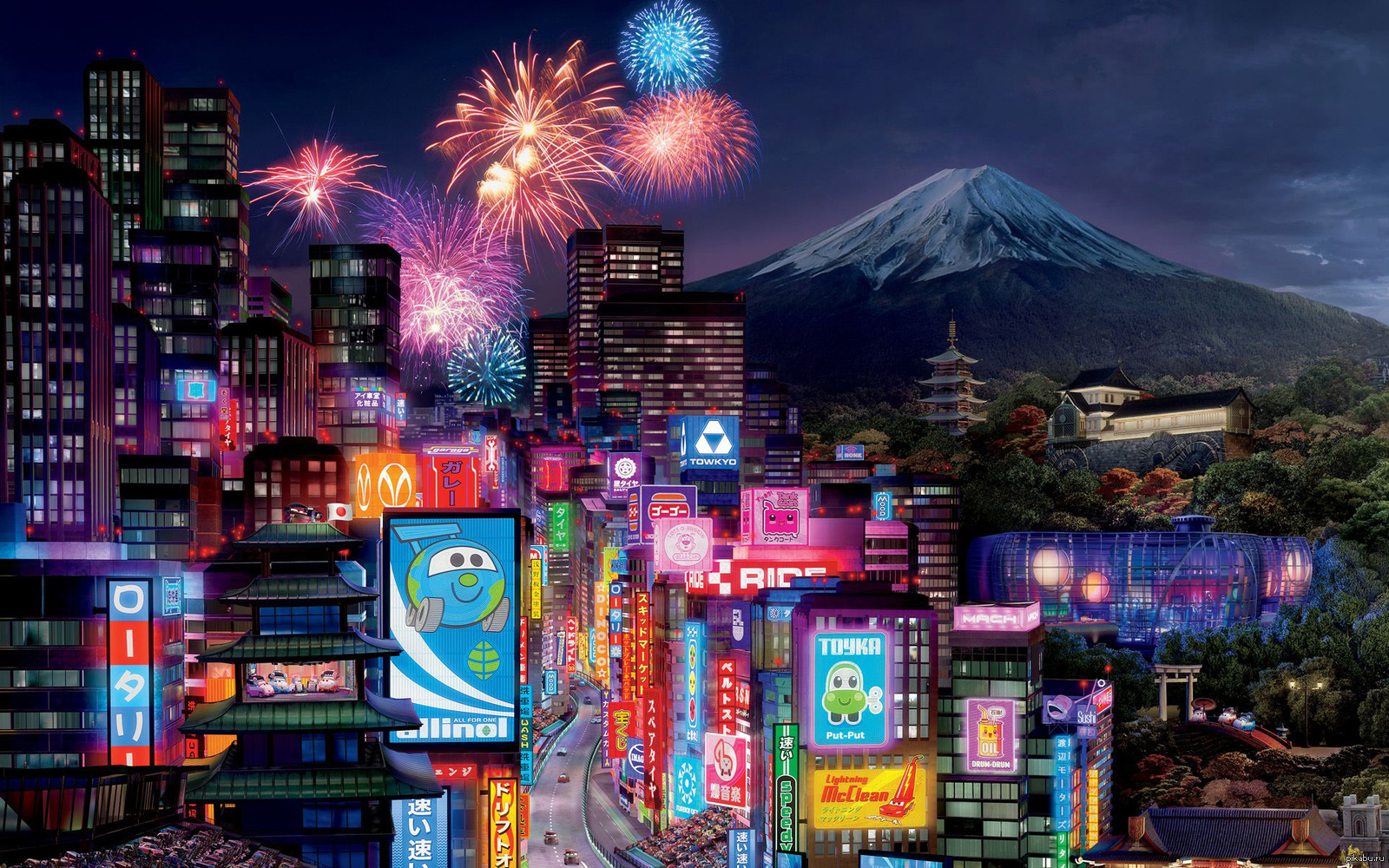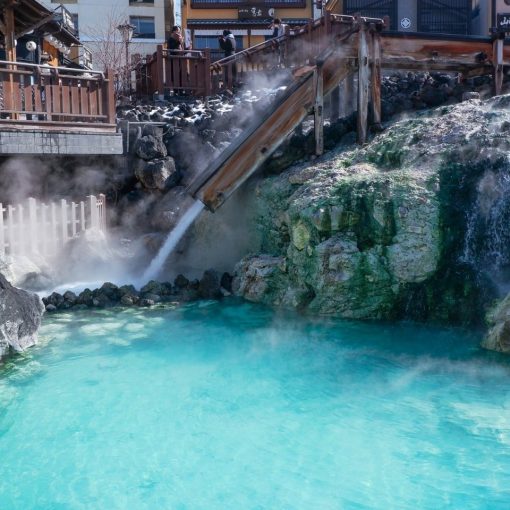Interesting facts about Tokyo is a great opportunity to learn more about the capitals of the world. The city is one of the most densely populated and economically developed settlements in the world.
Many tourists come here not only to see local attractions, but also to get acquainted with Japanese traditions.
Tokyo became the Japanese capital in 1868, before that it was another ancient city, Kyoto. And Tokyo itself was then called “Edo”, it was renamed only after receiving the capital status. By the way, in Japan it is considered not a city, but a unique “capital district”. But in fact, it is in the top 50 largest cities in the world in terms of area.
About 14 million people live in the capital itself, comparable to the population of Moscow. But the Tokyo-Yokohama agglomeration is the largest in the world, with about 39,000,000 people living in it. These cities are separated by a distance of 30 kilometers, but they are both expanding, and are about to finally merge together – the process is already in full swing. More people already live in this agglomeration than in the whole of Poland.
What attracts tourists from all over the world
Unlike some other megacities like Kuala Lumpur or Manila, Tokyo can be called a safe city with a clear conscience. True, foreigners are not welcome here everywhere. Some establishments here, as well as in the Korean capital of Seoul, hang out a sign stating that “foreigners are not served.”

Every year Tokyo is hit by about 150 earthquakes, most of which, fortunately, are weak. But sometimes there are powerful tremors – for example, in 1923, as a result of a 9-point earthquake, almost half of the city was destroyed, about 90,000 people died, and the fire that began after the tremors engulfed many of the surviving buildings.
Tokyo is a very rich city, and therefore very expensive. Everything is expensive here, from coffee at the nearest cafe to renting a house, which generally costs space money. Tiny micro-apartments are popular here, as real estate is beyond the means of most city dwellers. At the same time, the GDP of the Japanese capital exceeds the GDP of such a rich country as Australia.
Tokyo’s public transportation is superbly developed, and it’s so safe that parents can safely let their kids go unaccompanied. But there is another problem – too many people. The Tokyo subway really has special employees who, during rush hour, “pack” passengers into cars. Every year, the local metro transports about 3,300,000,000 passengers, which is approximately equal to half the population of the entire Earth.
Tokyo is home to Ueno, the oldest zoo in the entire country, home to over 2,500 animals. They are kept in decent conditions, and the zoo operates only 10 months a year – every year its inhabitants are given two months to take a break from human attention.
In Tokyo, there is a monument to Hachiko, a dog that has become a symbol of devotion to the whole world. The real Hachiko until his death every day came to the Tokyo subway station Shibuya, with longing in his eyes, waiting for the return of the owner, who suddenly died of a stroke right at work. Hachiko came to the same place every day at 3 pm for 9 years, and attempts to attach him to the relatives of the deceased owner did not bring results.
Haunted houses
Walk down any street in Tokyo and you will almost certainly find a haunted house. For example, the Komine tunnel will do. It is said that the ghost of a girl in a red dress appears there, which often causes traffic accidents. Another haunted place is the Roppongi Hills buildings. It is believed that they were built on the site where some of the 47 ronin (samurai warriors of aristocratic origin) died. Some people who lived in these buildings in our time were killed, others are involved in various business scandals. And that’s not counting minor incidents. Now these buildings are empty. Frightening, right?
Hosta men
Want to look at the Greek gods by Japanese standards of beauty? Then head to the nearest bars and clubs. Women in Japan spend a lot of money to be in their company. And that’s it. JUST to be in their company. They talk on a variety of topics, make compliments, smile and pour drinks. But why pay money for it? The fact is that in Japanese culture it is very difficult for guys and husbands to express their feelings, so women spend time in the company of such hosts to compensate for the lack of attention.




